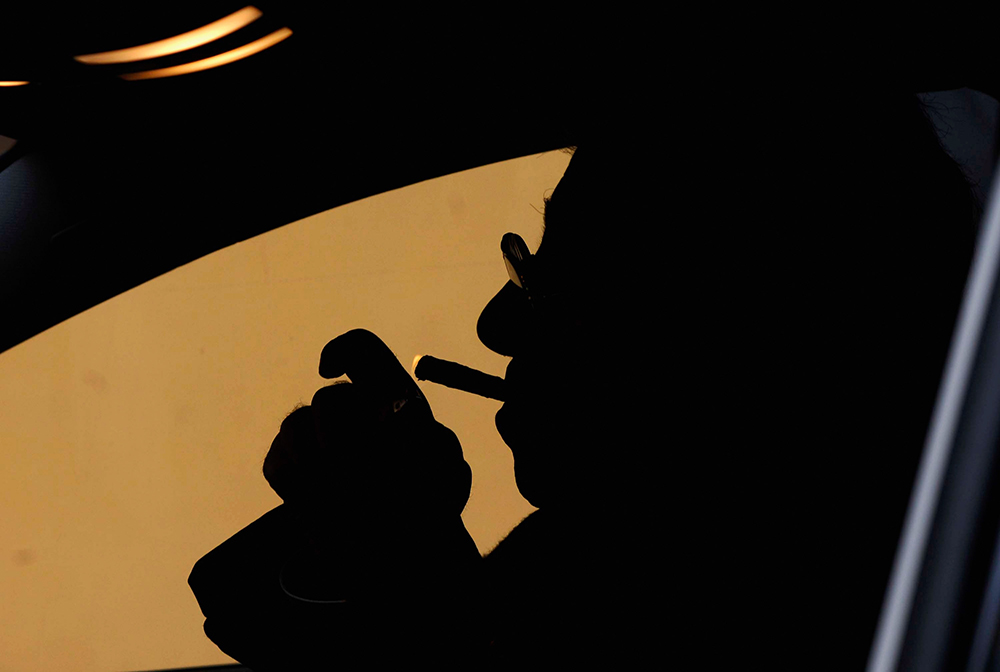Thou Art a Lord and Nothing but a Lord
Angelo: Acknowledge no other way to save his life—
As I subscribe not that, nor any other—
Just, in the loss of question, that you lot, his sister,
Finding yourself desired of such a person
Whose credit with the judge, or own nifty place,
Could fetch your blood brother from the manacles
Of the all-binding law, and that there were
No earthly mean to relieve him, but that either
You lot must lay down the treasures of your trunk
To this supposed, or else to let him suffer,
What would you practice?
Isabella: As much for my poor brother equally myself.
That is, were I under the terms of death,
Th' impression of keen whips I'd habiliment equally rubies,
And strip myself to death as to a bed
That longing accept been sick for, ere I'd yield
My trunk up to shame.
Angelo: Then must your blood brother die.
Isabella: And 'twere the cheaper way.
Ameliorate it were a brother died at one time
Than that a sis, by redeeming him,
Should die for always.
Angelo: Were non you then as cruel every bit the sentence
That y'all have slandered so?
Isabella: Ignomy in bribe and free pardon
Are of two houses; lawful mercy
Is nothing kin to foul redemption.
Angelo: Y'all seemed of tardily to make the law a tyrant,
And rather proved the sliding of your brother
A merriment than a vice.
Isabella: O pardon me, my lord, it often falls out
To have what nosotros would accept, we speak non what we mean.
I something do excuse the thing I hate
For his advantage that I dearly beloved.
Angelo: Nosotros are all frail.
Isabella: Else let my brother dice,
Of non a fedary, merely only he
Owe and succeed thy weakness.
Angelo: Nay, women are fragile as well.

Northern League leader Umberto Bossi smoking in his car, Pavia, Italy, 2006. Photo past Pier Marco Tacca. © Pier Marco Tacca / Getty Images.
Isabella: Ay, as the glasses where they view themselves,
Which are as easy bankrupt as they make forms.
Women, help heaven! Men their cosmos mar
In profiting by them. Nay, call us ten times delicate,
For we are soft as our complexions are,
And credulous to fake prints.
Angelo:I think it well,
And from this testimony of your own sexual activity—
Since I suppose we are fabricated to be no stronger
Than faults may shake our frames—let me be assuming.
I practise arrest your words. Exist that you are,
That is, a woman; if you exist more, you lot're none.
If yous be i, as you are well expressed
By all external warrants, show it now,
By putting on the destined livery.
Isabella: I have no tongue but one. Gentle my lord,
Let me entreat yous speak the former language.
Angelo: Plainly conceive, I honey you.
Isabella: My brother did love Juliet,
And you lot tell me that he shall die for't.
Angelo: He shall not, Isabel, if y'all give me love.
Isabella: I know your virtue hath a license in't,
Which seems a niggling fouler than it is,
To pluck on others.
Angelo: Believe me, on mine award,
My words express my purpose.
Isabella: Ha! Niggling honour to be much believed,
And almost pernicious purpose. Seeming, seeming!
I will proclaim thee, Angelo, look for't!
Sign me a nowadays pardon for my brother,
Or with an outstretched throat I'll tell the earth aloud
What man thou art.
Angelo:Who volition believe thee, Isabel?
My unsoiled proper noun, thursday' austereness of my life,
My vouch against you, and my place i' th' country,
Will so your accusation overweigh
That yous shall stifle in your own report
And smell of calumny. I accept begun,
And at present I requite my sensual race the rein.
Fit thy consent to my precipitous appetite,
Lay by all nicety and prolixious blushes,
That blackball what they sue for. Redeem thy brother
By yielding upwardly thy body to my will,
Or else he must not only dice the death,
But thy unkindness shall his death draw out
To ling'ring sufferance. Answer me tomorrow,
Or, by the affection that at present guides me well-nigh,
I'll evidence a tyrant to him. As for y'all,
Say what you can, my fake o'erweighs your true.
[Exit]
Isabella: To whom should I complain? Did I tell this,
Who would believe me? O perilous mouths,
That bear in them one and the selfsame tongue,
Either of condemnation or approof,
Behest the law make curtsy to their will,
Hooking both right and wrong to th' appetite,
To follow as information technology draws. I'll to my blood brother.
Though he hath fall'n past prompture of the claret,
Yet hath he in him such a mind of award
That, had he twenty heads to tender down
On twenty encarmine blocks, he'd yield them upwards,
Before his sister should her trunk stoop
To such abhorred pollution.
So, Isabel, alive chaste, and, brother, die:
More than our brother is our chastity.
I'll tell him yet of Angelo's asking,
And fit his heed to death, for his soul'due south residue.

From Measure for Measure. Taking its title from a poesy in the Gospel co-ordinate to Matthew, Shakespeare's "dark" comedy, written effectually 1603, has oftentimes provoked potent reactions from critics. "There is in general a want of passion," wrote the essayist William Hazlitt in 1817. "The affections are at a stand; our sympathies are repulsed and defeated in all directions." A decade subsequently the poet Samuel Taylor Coleridge remarked, "Measure for Measure is the single exception to the delightfulness of Shakespeare's plays. It is a hateful piece of work, although Shakespearean throughout."
Dorsum to Issue
Source: https://www.laphamsquarterly.org/scandal/what-man-thou-art
0 Response to "Thou Art a Lord and Nothing but a Lord"
Post a Comment